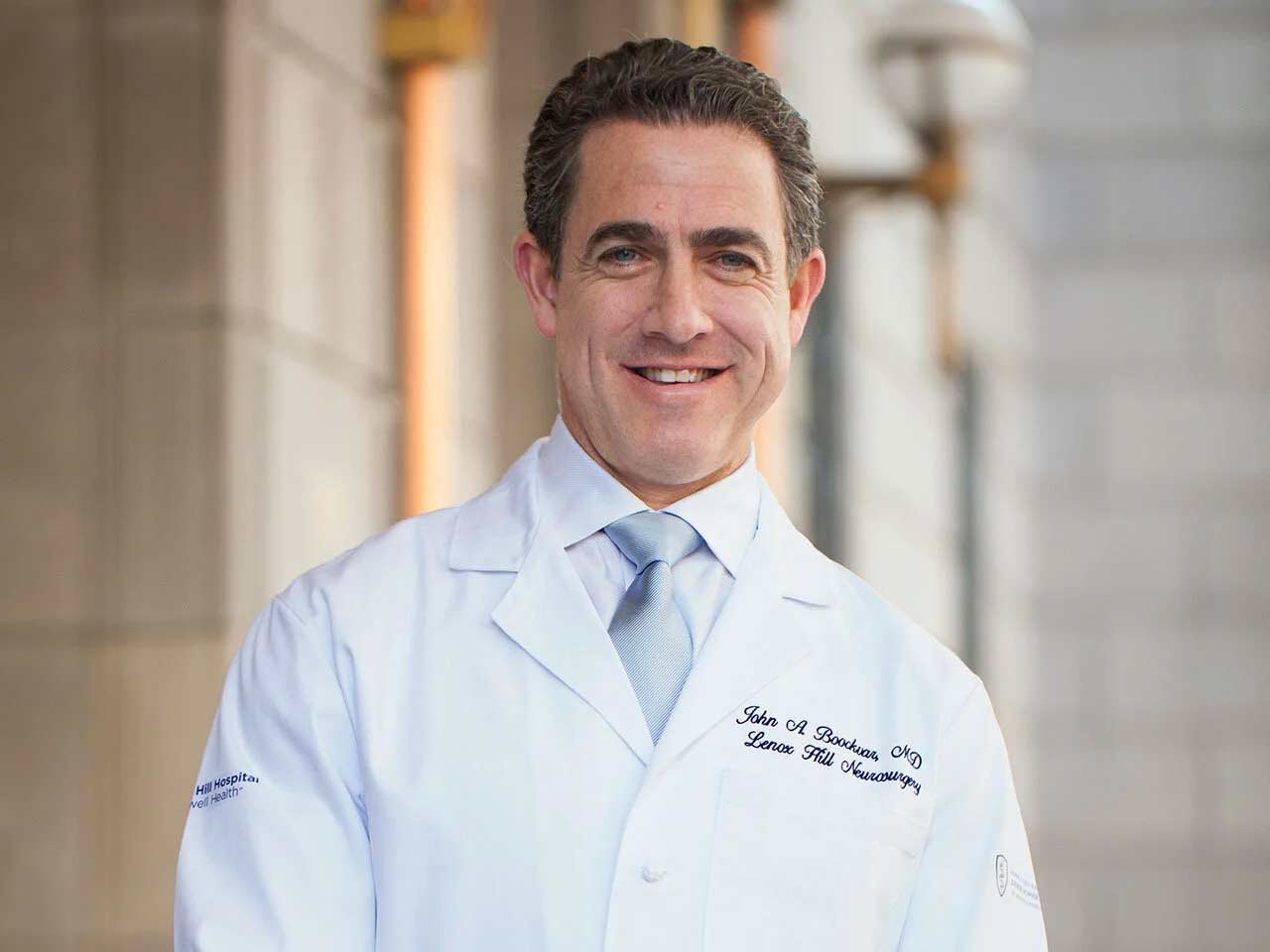medical advisory board members
Vidya
Gopalakrishnan
P.H.D
Together, we will find a cure.

Research
Overview
The goal of my research is to understand how pediatric brain tumors develop and to translate this information for therapeutic purposes.
Despite the rarity of childhood cancers, they are the leading cause of death from disease among children in the United States.
A central challenge to improving long-term survival in pediatric cancer patients is an extremely limited spectrum of therapeutics that are effective in the setting of recurrent or metastatic tumors. High-throughput genomic studies have underscored the scarcity of mutations in pediatric tumors and also highlighted the need to evaluate changes in chromatin structure, post-translational modifications on proteins and a dysfunctional tumor microenvironment as drivers of childhood cancers.
The advantage to the study of epigenetic, proteomic or immune mis-regulation in cancers is that these are potentially reversible and can be therapeutically targeted. Indeed, a number of epigenetic, kinase and immune modulators are in clinical trials for adult cancers and can be readily leveraged in a pediatric setting. Thus, the overall goal of research in my lab is to understand how pediatric brain tumors develop and to translate this information for therapeutic purposes.
Brain Tumor Epigenetics
Our brain tumor epigenetics research is conducted with a major focus on repressive chromatin remodelers and their role in driving initiation and progression of the pediatric brain cancers, medulloblastoma, atypical teratoid rhabdoid tumors and diffuse intrinsic pontine glioma. We use novel genetically-engineered mouse models and patient-derived orthotopic xenograft models for the above studies as well as to evaluate histone deacetylases and histone methyl transferases as therapeutic targets for these diseases.
Brain Tumor Proteomics
Our brain tumor proteomics research is conducted with an emphasis on deubiquitylases (DUBs) and their function as tumor suppressors in medulloblastoma. Ongoing studies are focused on understanding how the expression of specific neurogenic DUBs is lost in medulloblastoma tumors and to investigate if it can be pharmacologically upregulated by histone methyl transferase inhibitors. We are also involved in studies to identify novel protein targets and cellular pathways controlled by these neurogenic DUBs, using high throughput methodologies and newly generated transgenic mouse models. A major goal is to ask if lowered DUB activity contributes to resistance to chemotherapy in medulloblastoma.
Immunotherapy For Pediatric Brain Tumors
Vidya Gopalakrishnan, Ph.D., leads a multidisciplinary team of scientists and physicians at MD Anderson Cancer Center to develop immunotherapy for recurrent/refractory pediatric brain tumors. Our lab's findings have been transitioned to the clinic by Soumen Khatua, M.D., through initiation of a Phase-I clinical trial to test the safety of intracranial administration of immune cells. To monitor the fate of infused cells, we are in the process of developing novel magnetic resonance imaging technologies with colleagues at Imaging Physics.
Other Medical Advisory Board Members
-

Ricardo J Komotar, MD, FAANS, FACS
University of Miami Health Systems
-

Dr. Henry S. Friedman
The Preston Robert Tisch Brain Tumor Center
-

Dr. John A. Boockvar, MD
Lenox Hill Hospital
-

Michael E. Ivan, MD, MBS, FAANS
University of Miami Health Systems
